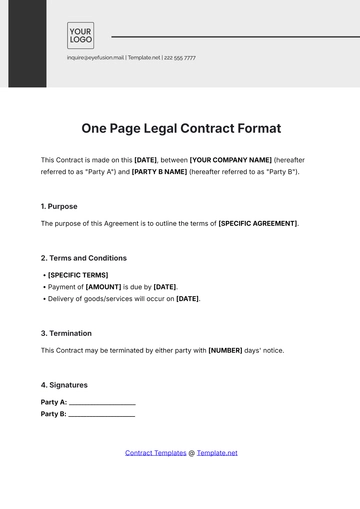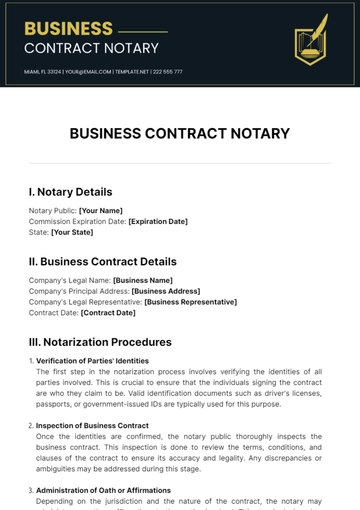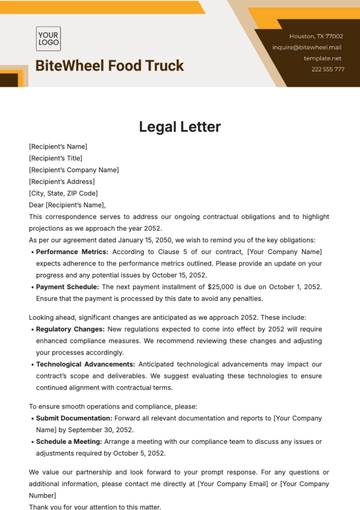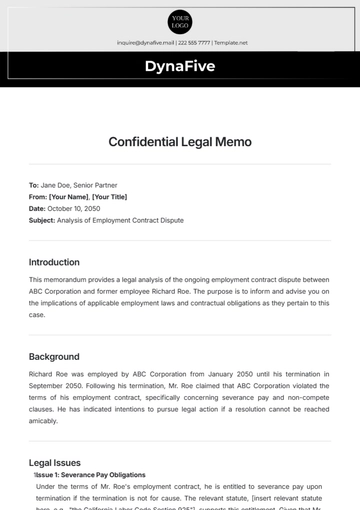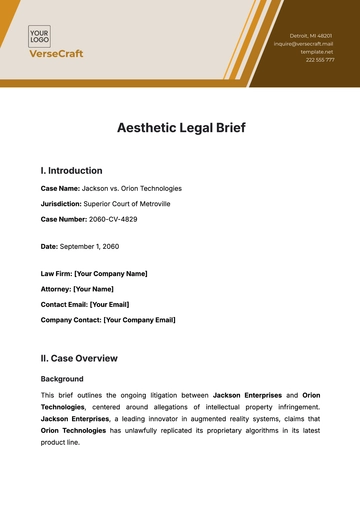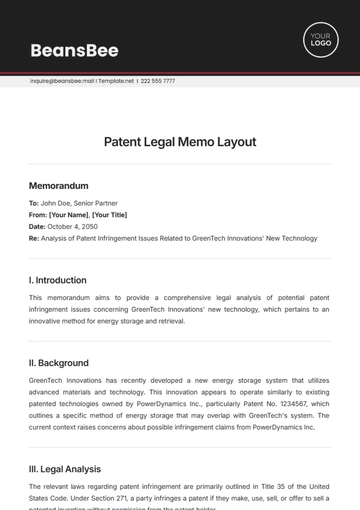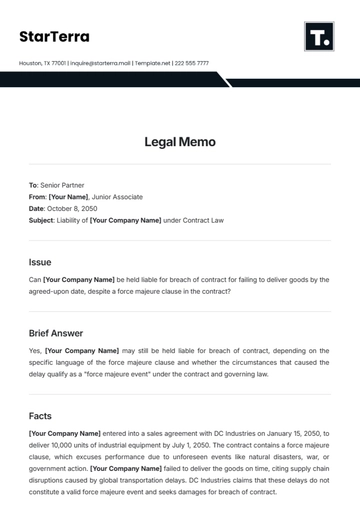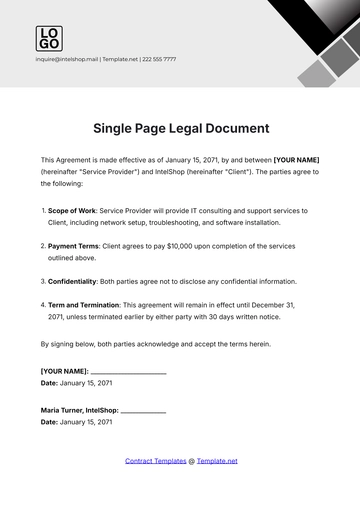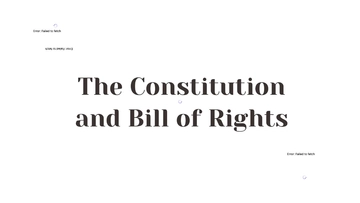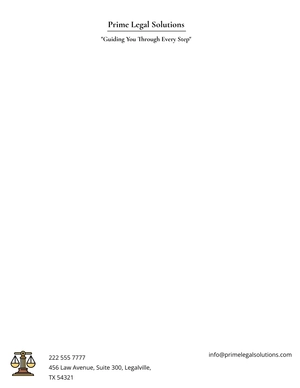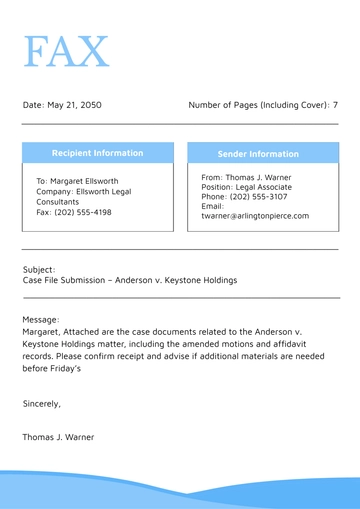Free Legal Skills Case Brief

I. Case Information
A. Case Name:
[Smith v. Jones]
B. Court:
[Supreme Court of the United States]
C. Date of Decision:
[January 22, 2050]
D. Legal Issue:
[Right to Privacy and Abortion Rights]
E. Key Parties:
Plaintiff: [Mary Smith] (pseudonym for [Elizabeth Johnson])
Defendant: [John Jones], State Attorney General
F. Legal Representation:
Plaintiff's Counsel: [Catherine Brown]
Defendant's Counsel: [Michael Davis]
G. Judges:
Majority Opinion: Justice [Andrew Miller]
Dissenting Opinion: Justice [Sophia White]
Concurring Opinion: Justice [Matthew Adams]
H. Legal Citation:
[410 U.S. 113 (2050)]
II. Factual Background
The case started in Texas when a woman using the pseudonym [Mary Smith] challenged state abortion laws. She claimed they violated her privacy rights.
[Smith] sued [John Jones], the State Attorney General, seeking to overturn Texas's abortion laws.
III. Procedural History
A. District Court:
[Smith] filed suit in the United States District Court for the Northern District of Texas.
The court ruled in favor of [Jones], upholding Texas's abortion laws.
B. Appellate Court:
[Smith] appealed to the United States Court of Appeals for the Fifth Circuit.
The court affirmed the District Court's decision.
C. Supreme Court:
The Supreme Court reviewed the case.
D. Supreme Court Decision:
The Court ruled 7-2 for [Smith], declaring Texas's abortion laws unconstitutional. Justice [Andrew Miller] wrote the majority opinion, recognizing a woman's right to choose abortion under the Due Process Clause.
The Court established a trimester framework for regulating abortion.
IV. Legal Analysis
A. Key Legal Principles:
1. Right to Privacy:
The Court recognized privacy as a constitutional right, including a woman's right to abortion.
2. State Interest:
The Court balanced state interests with a woman's privacy rights, creating the trimester framework.
B. Precedents:
The Court considered precedents like Griswold v. Connecticut (1965) and Eisenstadt v. Baird (1972), which upheld privacy rights in reproductive matters.
C. Impact:
[Smith v. Jones] is a significant decision, shaping debates on reproductive rights and constitutional law.
It has led to ongoing legal and political battles over abortion rights.
V. Conclusion
[Smith v. Jones] transformed abortion law, affirming a woman's right to choose. It's a landmark in legal and social history, continuing to influence the abortion debate in the United States.
Prepared By: [Your Name]
- 100% Customizable, free editor
- Access 1 Million+ Templates, photo’s & graphics
- Download or share as a template
- Click and replace photos, graphics, text, backgrounds
- Resize, crop, AI write & more
- Access advanced editor
Discover the ultimate legal companion with the Legal Skills Case Brief Template from Template.net. Crafted for legal professionals, it offers an editable and customizable format, ensuring ease of use. Accessible in our Ai Editor Tool, streamline your case analysis with precision and efficiency like never before.

